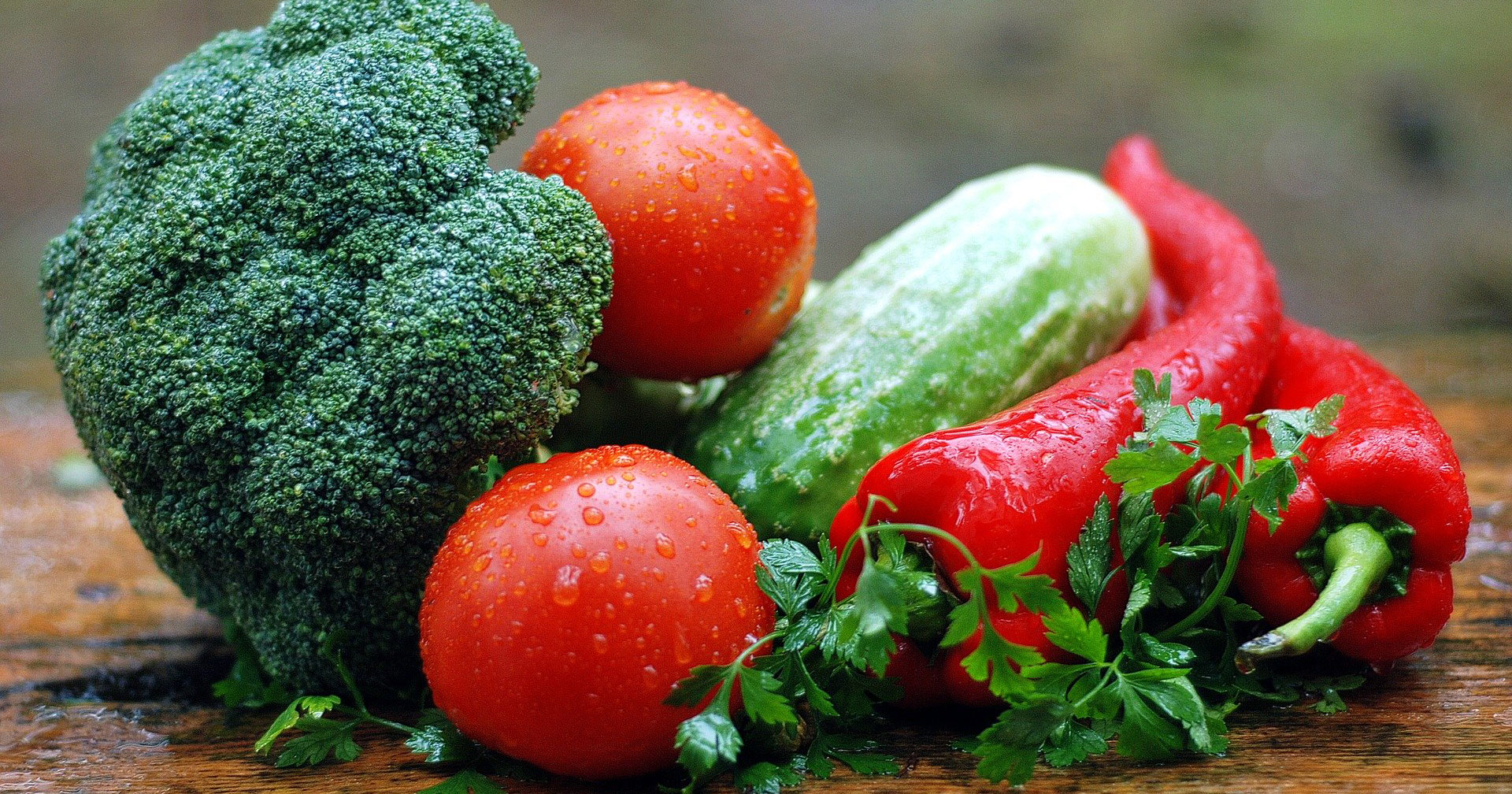
During a global pandemic that changes daily, rapid-response scientific research isn’t just about finding vaccines or antiviral treatments.
The COVID-19 pandemic has produced a ripple effect of economic devastation, much of it tied to how Americans access their food. With restaurants and schools shuttered, large markets for farm produce have dramatically shifted. Supply chains are disrupted. Unemployment claims are at 22 million and counting.
In response to these emergencies, a group of Colorado State University experts in economics, supply chains, agriculture, food systems, food safety, and health and nutrition are contributing fact-based insights at a fast pace to address issues that affect millions of people, many of whom are among the country’s most socially and economically vulnerable.
Several weeks ago at the request of the Colorado Commissioner of Agriculture, Blake Naughton, CSU’s vice president for engagement and extension, pulled together the CSU Task Force on Colorado Food Supply. Researchers and CSU Extension faculty serving on the task force provide up-to-the-minute, data-driven analysis on food supply chain issues brought on by the COVID-19 pandemic.
“Early on in the pandemic, it became clear that the state was in need of a fast-response research approach to help answer questions lawmakers and state partners were asking about how to protect our food systems and our most vulnerable citizens,” said Ashley Stokes, associate vice president for engagement and extension. “Researchers and Extension faculty from across several of our colleges, units and Extension teams joined together quickly to address these needs and serve the state during this unprecedented crisis.”
Supporting statewide policies
The information the task force provides supports the Commissioner of Agriculture, the governor’s office and the Colorado Legislature as they create policies and emergency measures to ensure a safe supply of healthy food to all Coloradans and minimize economic impacts of the pandemic.
“This is a hard situation, because on one hand there are real emergency needs out there, and our government and Department of Agriculture are forced to act right away,” said task force lead facilitator Becca Jablonski, assistant professor and food systems Extension economist in the CSU Department of Agricultural and Resource Economics. “But we want to make sure we’re efficiently allocating scarce resources. We’re taking a moment to make sure we’re providing emergency food in a way that people want to access it and that does not waste funds. Our team is working to provide some of that rapid-response information.”
The group’s work was validated almost immediately, as a report pulled together over the course of a day in March by Jablonski and Dawn Thilmany, professor in agricultural resource economics, and three other colleagues was cited by Congressional lawmakers authoring the $2 trillion economic stimulus bill – signed into law as the CARES Act on March 27. Jablonski and Thilmany’s report, informed by data they had collected over roughly a decade, focused on agricultural producers who operate outside of commodity markets – selling to local farm stands, farmers’ markets, farm-to-school programs, and direct farm-to-restaurant businesses. They estimated such businesses could lose $1.32 billion from COVID-19 shutdowns from March to May 2020 if certain recommendations weren’t included in the final bill.
“The work we’re doing now takes those numbers and adopts them for Colorado, identifying the markets where producers have suffered particular losses,” Jablonski said.
Topics of recommendations
The task force’s work cuts across broad swaths of agricultural and rural economics. Examples of topics the researchers and Extension faculty are currently exploring and providing recommendations for:
- How small and midscale meat producers can adjust their businesses and physical operations to account for social distancing and more stringent disinfection measures
- How emergency food provision programs for school-aged children and families are faring, and where gaps in needs are
- Whether unemployed workers in Colorado will have adequate access to food and resources within federal and state aid packages, and where the gaps might be
- How farmers’ markets can best adjust to social distancing measures and practices like curbside pickup
- How workers in hard-hit sectors like the restaurant industry can become reemployed in other, growing sectors of agriculture
- What the spillover health implications are of designating certain workers as “essential,” like farm and grocery store workers, and how to quantify those costs.
Faculty members of the CSU Task Force on Colorado Food Supply
- Becca Jablonski, assistant professor, agricultural and resource economics, and food systems Extension economist,
- Jude Bayham, assistant professor, agricultural and resource economics
- Laura Bellows, associate professor, food science and human nutrition
- Michael Carolan, professor, sociology
- Rebecca Cleary, assistant professor, agricultural and resource economics
- Bob Delmore, professor, animal sciences
- Alexandra Hill, assistant professor, agricultural and resource economics
- Rebecca Hill, research scientist, agricultural and resource economics
- Dawn Thilmany, professor, agricultural and resource economics, and associate director of community and economic development, Office of Engagement and Extension
Learn more at the CSU Task Force on Colorado Food Supply website.